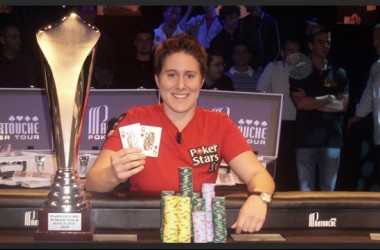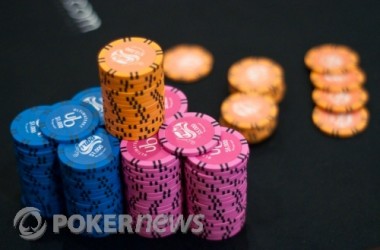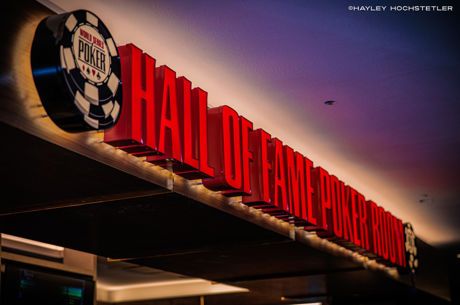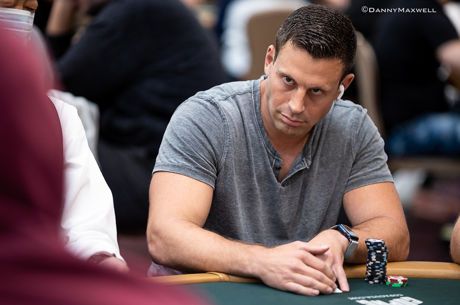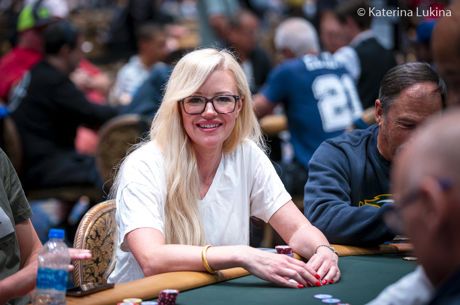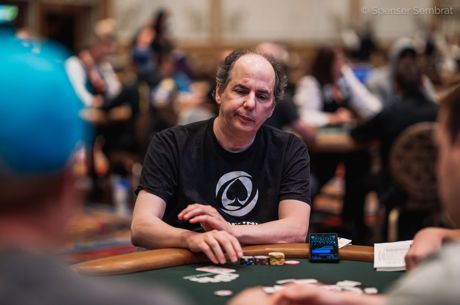PokerNews Op-Ed: Partouche Poker Tour Cheating Scandal and the Poker Media
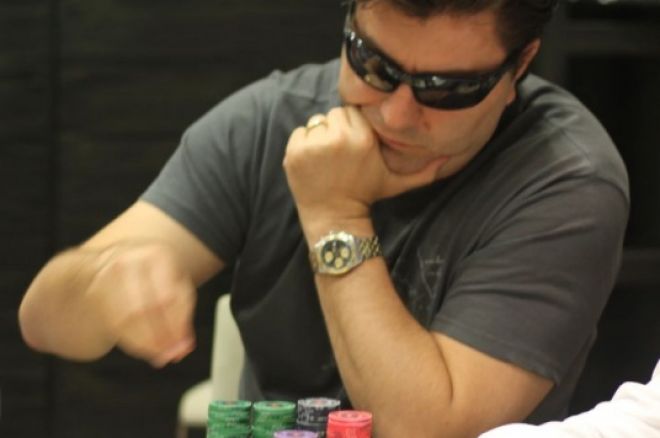
In recent weeks, the poker world was rocked by the announcement of a cheating scandal at the Partouche Poker Tour . The scandal, which involved the poker media, brought about concerns over the game��s security, specifically, questions regarding the media��s access to the tournament floor. Should the media be allowed to wander freely when hundreds of thousands (if not millions) of dollars is up for grabs. For the poker media to properly report the action to the world, full access is an absolute necessity. Because the answer is obviously yes, the question becomes how can they be granted this access while ensuring the integrity of the game?
Members of the media, whether in poker or other industries, understand that certain privileges, such as being granted access to the floor, brings with it a set of responsibilities. I believe that as a whole, the poker media is committed to the integrity of the game and will be even more vigilant in light of recent events. Unfortunately, the incident at the PPT would suggest otherwise. For those who don��t know, here is what happened. In September, the PPT played down to a final table and took a break, much like the World Series of Poker does with the November Nine. Just before the event was set to resume, one of the finalists was disqualified for cheating.
The player accused was World Poker Tour-Barcelona winner, Ali Tekintamgac, who was also suspected of cheating earlier this year at European Poker Tour Tallinn. Fast forward to the PPT. Supposedly, video footage revealed that Tekintamgac enlisted the help of bloggers/reporters to stand behind his opponents and inform him of their cards via hand signals. As a result, Tekintamgac was disqualified from the final table and his chips were removed from play (* Vanessa Selbst went on to win the event).
The incident has sparked outrage and left many people wondering how these bloggers/reporters were able to get so close as to see hole cards without drawing suspicion. As a poker blogger/reporter myself, let me give you an idea of how things usually work. When reporting on a poker tournament, we bloggers are granted certain liberties that include full-access to the tournament floor where we often watch the action tableside. This is necessary to report the proper cards, bet sizes, and chip counts, in fact, PokerNews has an internal rule stating that bloggers need to be at least three to four feet from the table. However, in exchange for this access, we are required to abide by certain rules and restrictions.
First and foremost, yes, tournament reporters can often catch a glimpse of a player��s cards, especially if that player does not protect his or her hand. I��ve seen players�� hole cards numerous times and do not find it unfathomable that others have used this to gain an unfair advantage. It would be easy to do. However, it is strictly against the rules for reporters to influence the action in any way. If caught doing so, they can lose their access to the tournament and would likely lose their job as a result. As such, most reporters, including PokerNews reporters who have been trained to walk away, do so if they inadvertently learn any information that could potentially influence the hand, like seeing a player��s hole cards.
To give you an idea of how we must go to extremes to avoid influencing the hand, we are not even allowed to say anything when it is right and proper. For example, let��s say I am watching a hand between Phil Ivey and David ��Devilfish�� Ulliott. In the hand, Devilfish has bet 225,000 on the river and Ivey makes the call; however, we notice Ivey has accidentally shorted the pot by only putting in 150,000. Both players and the dealer miss the error, as does everyone else at the table. What should we do? Even in this easily correctable situation, we must remain neutral and not speak up. This is not a far-flung scenario; in fact, it is a situation I see at almost every tournament.
Given that there are strict rules in place regarding the media, who should be responsible for policing them? Neither the players, who are busy playing the tournament, nor the staff, who must carry out their own responsibilities, should be expected to take on this extra task. This is not to say they can��t do their part. Players should always protect their hands and tournament staff should constantly be on the lookout for suspicious behavior, both on and off the felt. Nonetheless, it is not their job to take responsibility for the media. Who else does this leave? The answer is simple.
The poker media has a standard they are expected to uphold. As such, they must take it upon themselves to ensure that they meet that responsibility. Each individual member must do their part to adhere to the rules, but they must also make sure their colleagues and peers are properly following the rules, as well.
In the months leading up to the WSOP in Las Vegas, any member of the media wishing to have access to the tournament floor must apply for credentials through the WSOP media office. The process requires them to work for an approved media outlet, fill out an application, and provide photo identification. If approved, the applicant will receive media credentials featuring the picture, name, and media organization. If that person fails to respect the rules and regulations, the WSOP media staff can easily invalidate the credentials and bar the person from the premises. The WSOP is a fine example of properly policing the media.
However, not all tournaments are as diligent as the WSOP. In those cases, it��ll be up to the individual media members to police themselves, and there is nothing that drives this better than competition. Many tournaments have up to a half dozen media outlets reporting on the action, each looking to get the scoop and have the best coverage possible. As such, every media organization is constantly keeping an eye on their competition to ensure they are abiding by the rules and not gaining an unfair advantage. At PokerNews, we are committed to doing just that while putting the utmost emphasis on ensuring the integrity of the game. Not influencing the action, staying out of the staff��s way, and not talking to the players are just a few of the expectations the company places on us as we patrol the floor.
As you can see, there are plenty of rules that exist for members of the media. Given the incident at the PPT, I imagine there will be more to come. Rest assured that the poker media as a whole is committed to the integrity of the game. In the case of the PPT, a few members chose to ignore their responsibilities to help a player cheat. Luckily, they were caught and will certainly face stiff consequences, not the least of which will be exile from the poker media. The poker community always takes care of its own, for better or worse, and the poker media must do the same. Oh, and by the way, do you know who first suspected Tekintamgac of cheating with various bloggers/reporters at the EPT- allinn? It was other members of the poker media.
Right now not only can you get a free $50 bankroll from PartyPoker and PokerNews, you will also get a free month at PokerNews Strategy. Hurry as this is a limited offer, but the great thing is you do not even need to make a deposit at any stage, just go to our PartyPoker Free $50 Page and follow the walk through.

